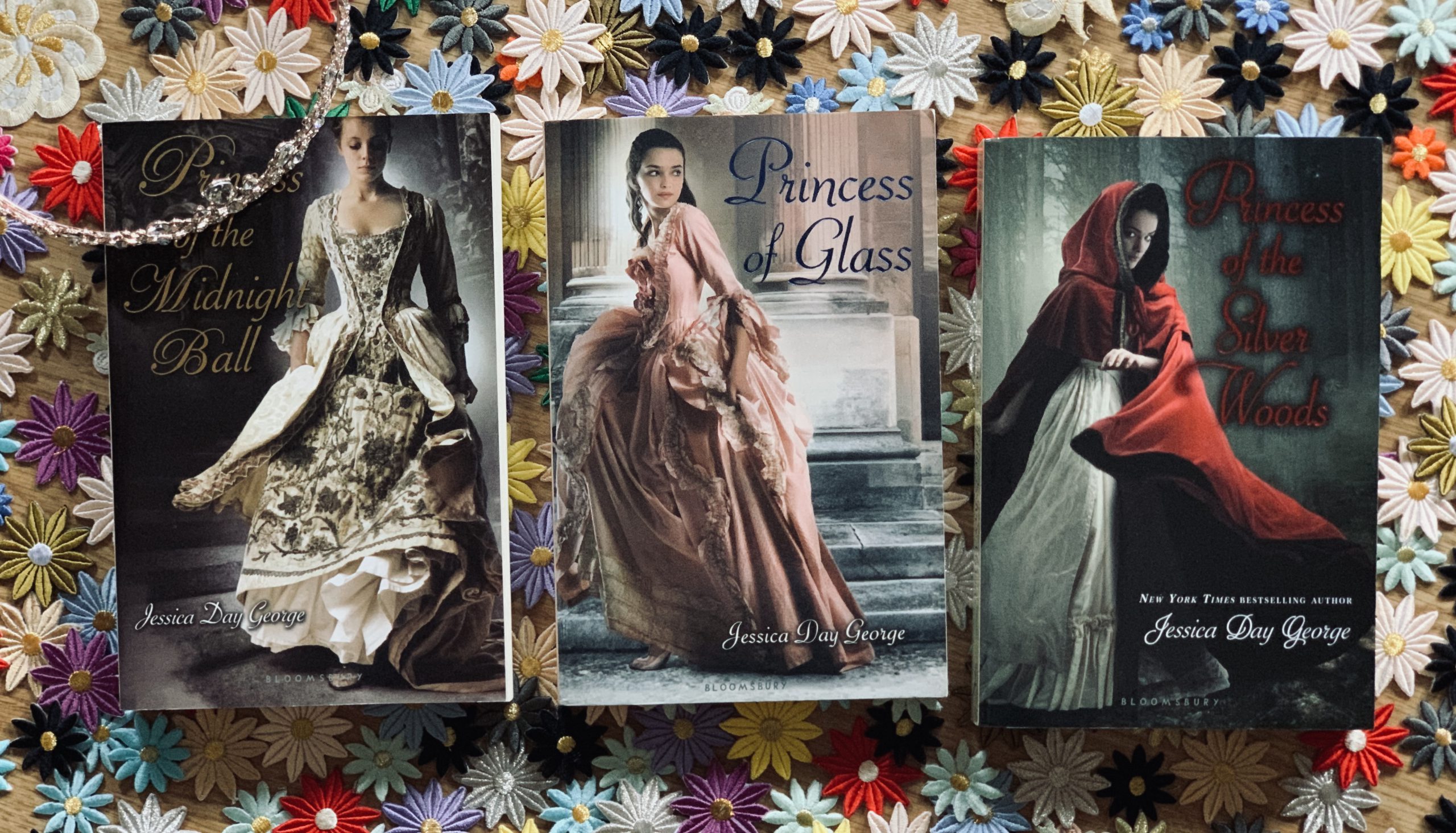- By The Zoya Project
- August 21, 2017
- 1 comments
As Editor of Vasant Valley Today, my school newspaper, I planned a special supplement for the 70th anniversary of Independence. I had a series of prose written crossing through time in 1947, 2017 and 2047 discussing a variety of issues, problems and progress through the century. I picked nationalism and communalism out of the hat. I have attached the link to the archives of the paper below so you might peruse the two accompanying pieces…
The rickety train khat khataoed in a steady rhythm as it left the cultural gem of Lahore now engulfed in flames and set out towards the hallowed town of Amritsar. I sat looking out of the window, staring at my hometown fade away into the distance, in a cloud of dust and smoke, large decrepit vessel rushing to a new destination. The future seemed bleak, and I was afraid of what I would find in Amritsar, other than fire, screams and blood.
Clutching my daughter, her eyes closed in a peaceful sleep, closer to my chest, I turned towards the dusty window. They had killed my husband. Not that he wasn’t to blame – partaking in this sheer madness. Going out with the mob to burn and kill other people. I had begged him. I had begged him not to leave me, not to leave his daughter, not to go out into the night where flames leapt higher than the stars and the face of God blacked out completely.
“Please. This is dangerous, you know it is.”
“They are throwing us out of our nation, and you ask me not to fight? I thought the woman I married was brave.”
“I’m brave, not a doormat. You knew that when you agreed to marry me. What you are going out to do isn’t brave.”
“How would you know? You sit here nursing her all day, while they kill our people.”
“We are all the same people, you blind, ignorant man. Who are you going out to kill? They look the same, they do the same work, we live together in this nation. It is being torn asunder because of your stupidity.
“I fight for this nation. If I do not fight them, then who will? I fight for my country.” “You fight your own countrymen. You fight the people who till the fields alongside us. Your notion of nationality is skewed, don’t you see it!”
I winced remembering the door slam. They dropped his body back on my doorstep so marred with knife marks and burnt black that I didn’t even recognize him at first sight. Who killed him? I could not say. Did they wear skull caps or saffron? I could not say. Perhaps one of our own slaughtered him without even realizing it. He left me widowed at the age of 25, he left my daughter fatherless and he left the nation for the skies above, where he could defend himself against the way he killed those of his own nation. The train khat khataoed on.
“They are dividing the nation on religious lines.”
“Where will we go?”
“Go? This is our hometown, where you and I were born, where our blood was born. We will stay here and fight if we must.” “Who are we fighting? Firang?”
“The firang have left. We fight those who believe in another God and see it fit to throw us out of our city on his grounds.” “We fight our countrymen? Is that what you are proposing?” “I’ll fight any man who opposes my faith. Any man who opposes my nation.”
I asked God then, rubbing my prayer beads in nervous circles, when did nationality become equivalent to faith, knowledgeable one? Which holy book stated that those who follow another may not live together in harmony and love the soil they grow subsistence on and the people who harvest the crop? And yet that night he sent the mobs. He sent them from both religions, each carrying pitchforks and torches and dangerously large knifes. They smeared the streets of Lahore, upon which Fakirs had once travelled singing praise of the historic city of splendour, with crismosn blood. The scent of the air metallic, a shroud hung over the city and when I peeked my head out through the window, I could not see for who this shroud had been sowed and by whose hands. Hindu? Muslim? I settled for an easier answer. Human. The train khat khataoed on.
“There is nothing left for you her beti. It is best you take our poti to Amritsar and move southward from there.”
“Ma, how can I leave you and Pitamaha here. Your son didn’t want me to leave Lahore.”
“Do not disrespect him beti, he was your husband not just my son, we cannot leave. We will honor his foolhardy wishes. Go, I will send for a train ticket.”
“But it is not safe for you here.”
“Honor his life by leaving beti. Honor it by living for your daughter.”
“How shall I know what happened to you once I arrive at Amritsar?”
“Let the violence die down. Then we will see.”
“Khudahfiz Ma.”
“Be careful, don’t let the men do to you what they have done to other women.”
Raped. She had meant raped. I sat in a bogey surrounded by people who were scared of one another. Women of being raped and left to die. Men worried to say their names to another in case it preached a different religion scared to be persecuted by the men of their own country, men who vowed to the firangs that they were from the same mother. The entire carriage seemed to tremble with fear. It was almost physical. And then with another quake, I realized with horror, holding onto my daughter tightly that the khat khataoing train was being mobbed. It seemed to burst open at the seams, the metal torn apart by fire. My cotton sari whipped around me as screams tore through the air and blood splattered my face and white mourning clothes. The rush of people suffocated me as I rushed to the nearest opening. Jumping with the rest of the lucky ones onto the hard ground, the already patchy grass charred in many areas. Stumbling to my feet I ran, noticing that I had barely missed the track. Ran away from the burning train, flames engulfing the vessel as the star disappeared once more in a haze of blinding smoke.
“Musalmaan!”
“Hindus!”
“Which one attacks us?”
Still running holding my screaming child against my breast, I muttered under my breath, “Indians.” I turned around looking over my shoulder at the half open torn apart vessel, that burnt the skies and grounds creating partitioning lines, that had never seemed a reality. And yet the slaughterhouse of a train, dying, slowly, khat khataoed on.
Click here to go through the August 2017 Issue of Vasant Valley Today



One thought on “1947”